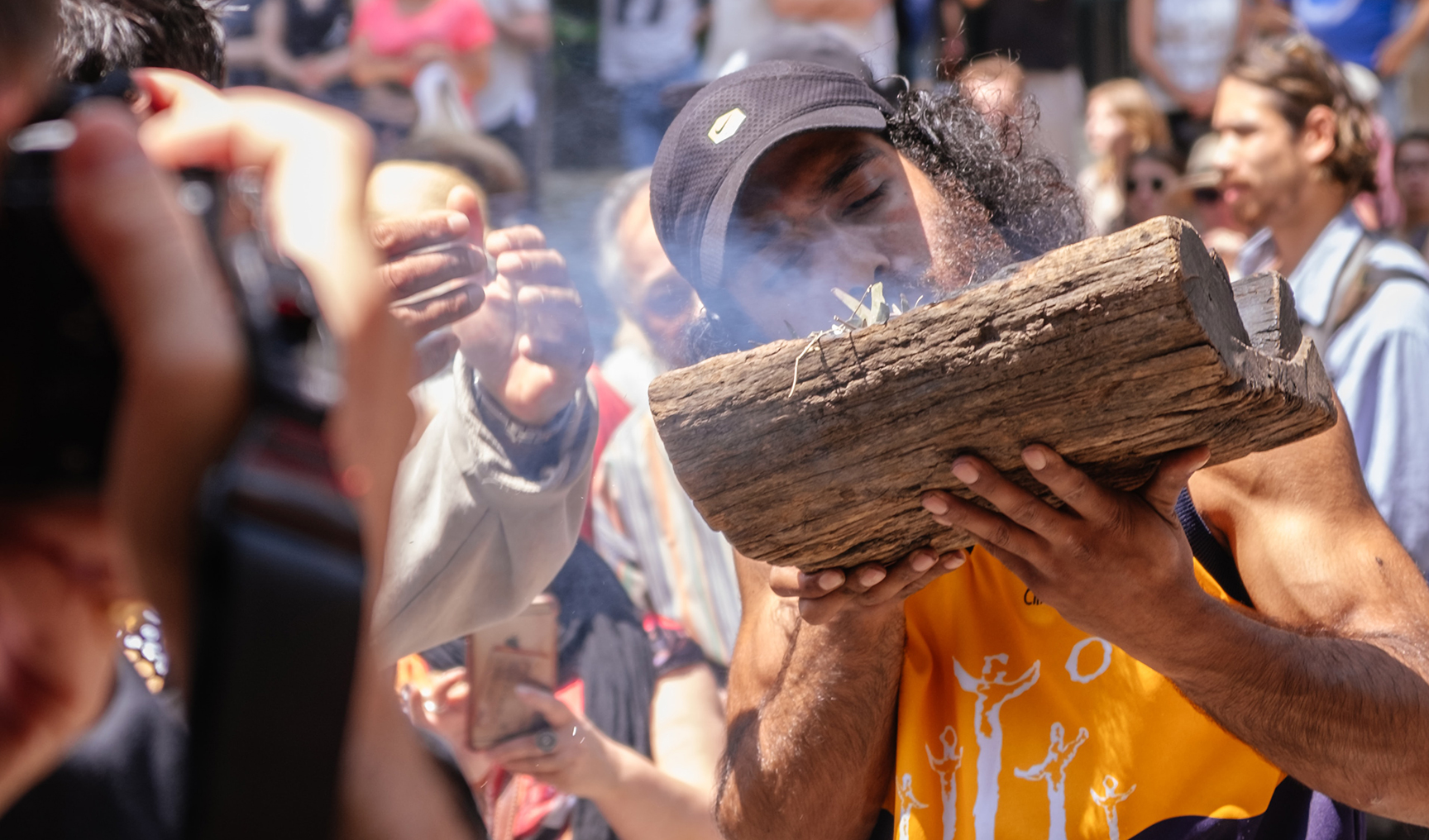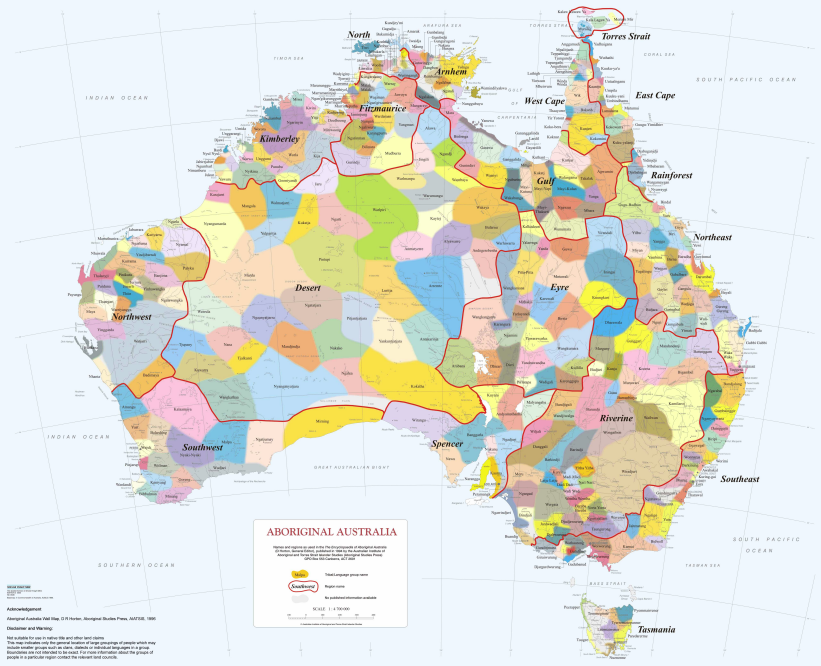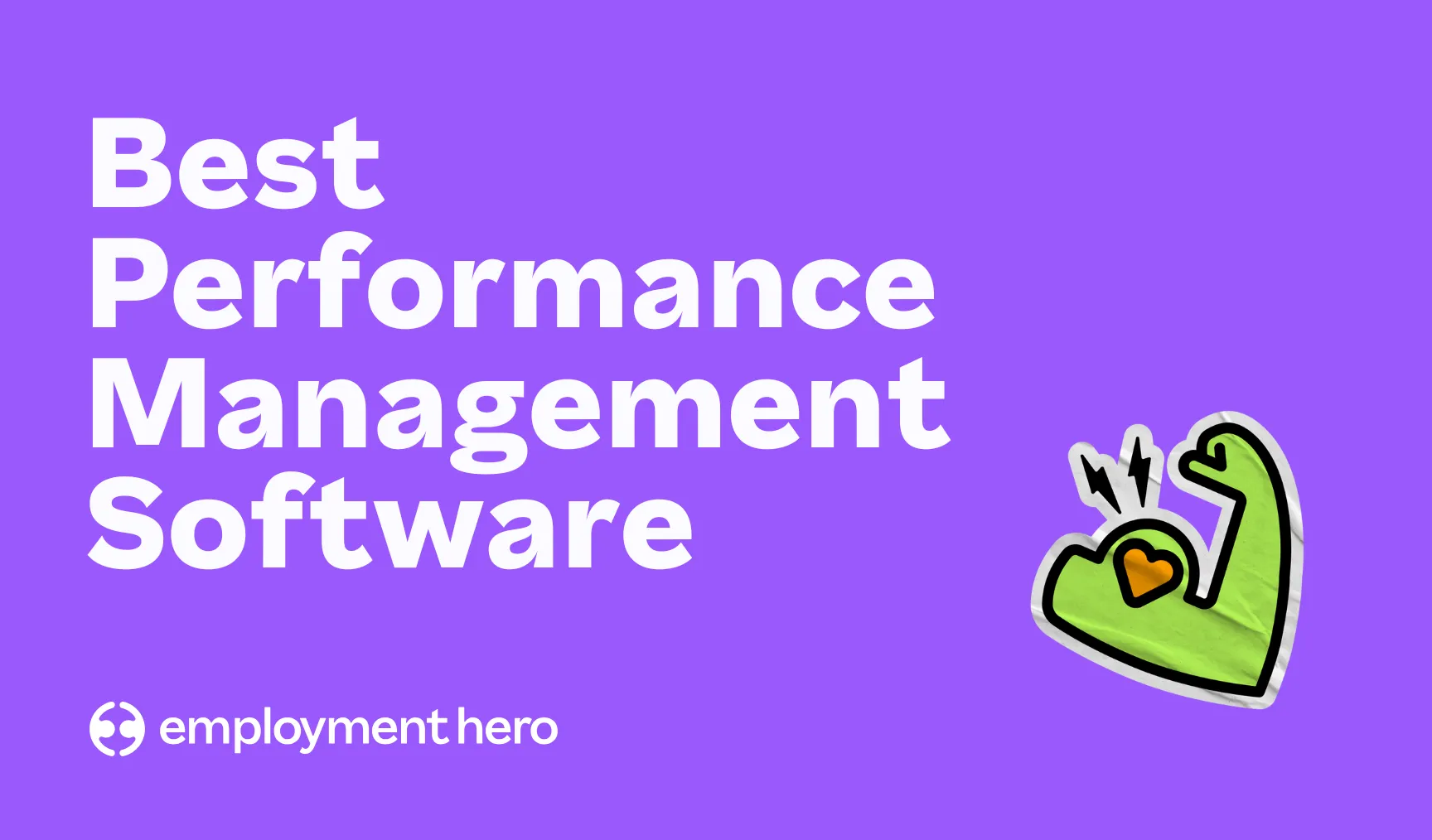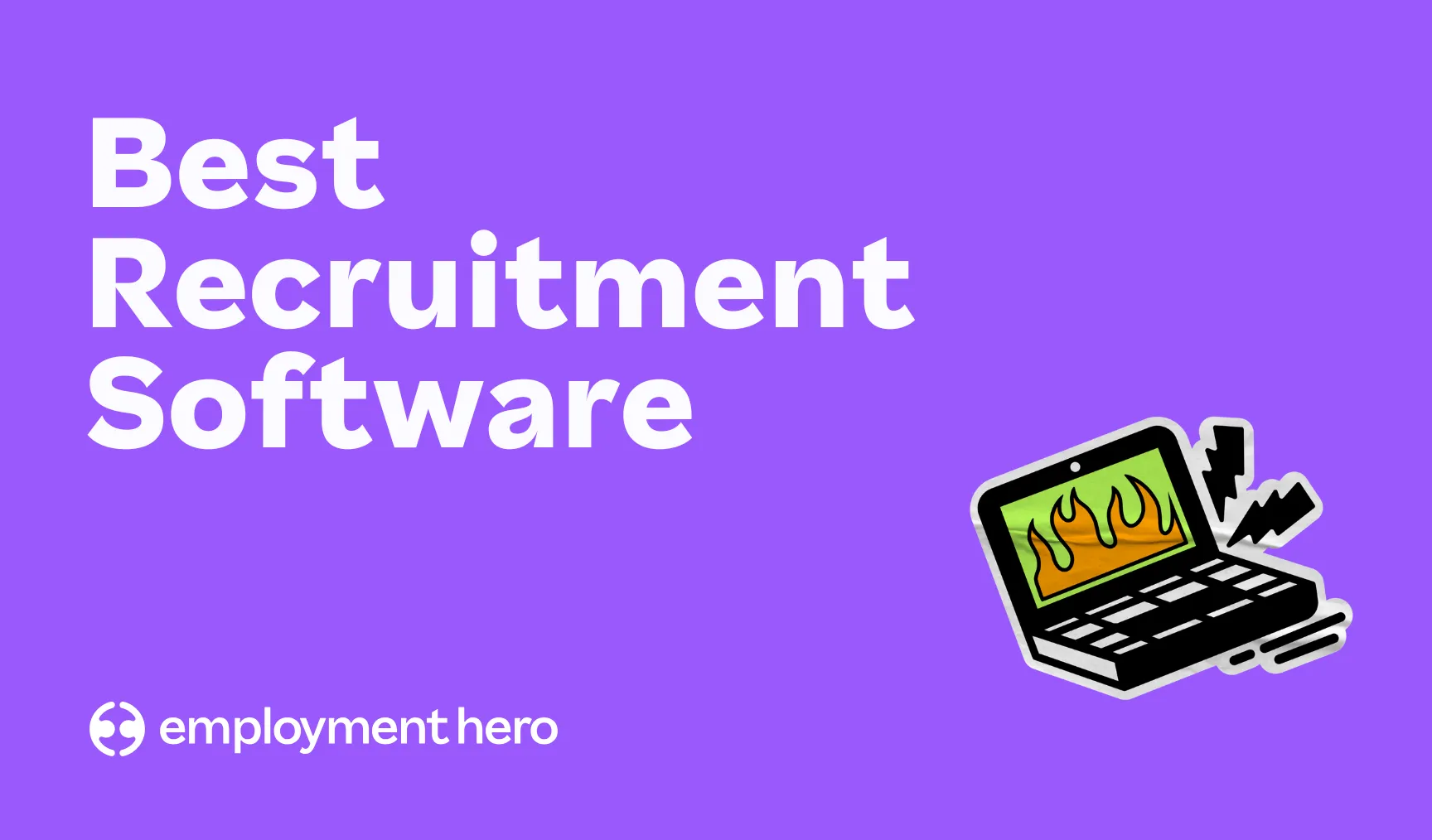How to celebrate NAIDOC week in the workplace
NAIDOC Week is a celebration of Aboriginal and Torres Strait Islander cultures, languages and heritage held every year. Here’s how your team can get involved this year.

Happy NAIDOC 2021! From the 4-11 of July, events and activities are happening across Australia to celebrate Indigenous culture. NAIDOC is a great opportunity to participate in a range of activities that celebrate and support Aboriginal and Torres Strait Islander communities.
If you’re new to NAIDOC Week, learn more about this important national event. Read on for tips to celebrate First Nations culture during the week and beyond at your workplace.
What is NAIDOC Week?
NAIDOC Week is an annual event that celebrates the history, culture and achievements of Aboriginal and Torres Strait Islander peoples. NAIDOC is a great opportunity for all Australians to celebrate the world’s oldest living culture by organising activities in communities, schools and workplaces
Each year has a different theme that reflects issues and events. NAIDOC originally stood for ‘National Aboriginies and Islanders Day Observance Committee’. This committee was once responsible for organising events and activities during NAIDOC Week.
Although this committee is now disbanded, the acronym continues to serve as the namesake for the event.
What is the theme of NAIDOC Week 2021?
The theme for this year’s NAIDOC week is Heal Country. As stated on naidoc.org.au, ‘Healing Country means hearing those pleas to provide greater management, involvement, and empowerment by Indigenous peoples over country. Healing Country means embracing First Nation’s cultural knowledge and understanding of Country as part of Australia’s national heritage. That the culture and values of Aboriginal peoples and Torres Strait Islanders are respected equally to and the cultures and values of all Australians.’
Celebrating NAIDOC week – workplace ideas
There are lots of ways to celebrate NAIDOC Week in the workplace. A great place to start is by printing out the official NAIDOC 2021 poster, designed by Gubbi Gubbi artist Maggie-Jean Douglasand displaying it around the office.
But don’t stop there – read on for ideas on celebrating Indigenous culture during NAIDOC and all year round.
1. Organise a NAIDOC Week Event
Organise a NAIDOC Week BBQ or lunch with your colleagues. Play music by Indigenous artists (check out this Spotify playlist) and make your own Indigenous trivia. Invite a local Indigenous Elder to speak and give a Welcome to Country.
There are also lots of delicious catering options available from Indigenous-owned businesses. If you’re in the Greater Sydney area check out NCIE, Mirritya Mundya or Indigiearth.
This can also be a great opportunity to run a fundraiser with your colleagues, donating all money raised to Indigenous charities such as the Healing Foundation, The Northern Australian Aboriginal Justice Agency (NAAJA) or ANTaR.
2. Learn more about the land your office is on
Do you know what land your office sits on? NAIDOC Week is a great time to learn more about the Indigenous history of the land upon which you work.
View a map of Aboriginal Australia to find out which land you are on.
Source: nationalunitygovernment.org
If you’re working with remote teams across Australia, get them to find out what land their home office sits on. Ask them to find out some details about the Traditional Owners of the land and share these throughout NAIDOC week.
3. Be sure to do an Acknowledgement of Country
During NAIDOC Week and beyond, incorporate an Acknowledgment of Country as part of a Welcome and Housekeeping at meetings and events.
Remember the difference between a Welcome to Country and an Acknowledgement of Country. A Welcome to Country can only be given by a Traditional Owner / Custodian of the land on which your event is taking place. Contact a Regional Network office nearest you, they will provide contact details for a Traditional Owner / Custodian.
An Acknowledgement of Country can be given by Indigenous and non-Indigenous people and shows respect for Traditional Owners. Although there are no set protocols or wording, there are generally three types of Acknowledgement of Country. Generic – which should be used if you don’t know the name of the people on whose land you are gathered.
‘I would like to begin by acknowledging the Traditional Custodians of the land on which we <gather/meet> today, and pay my respects to their Elders both past and present. I extend that respect to Aboriginal and Torres Strait Islander peoples here today.’
Specific – which should be used where you know the name of the people on whose land you are gathered.
‘I would like to begin by acknowledging the <insert name of people here (e.g. Ngunnawal)> people, Traditional Custodians of the land on which we <gather/meet> today, and pay my respects to their Elders both past and present. I extend that respect to Aboriginal and Torres Strait Islander peoples here today.’
General – which should be used for an Australia-wide acknowledgement – this would be appropriate for a webinar, website or printed material.
‘In the spirit of reconciliation, [organisation] acknowledges the Traditional Custodians of Country throughout Australia and their connections to land, sea and community. We pay our respect to their elders both past and present and extend that respect to all Aboriginal and Torres Strait Islander peoples today.’
A great way to incorporate an acknowledgement of country into your everyday work is to include it in your email signature and make it visible on your business website.
4. Buy Indigenous art for your workplace
Buying Indigenous art for your workplace is a great option for celebrating Indigenous culture year-round. With so many traditional and contemporary options, buy a few pieces and share the details of the artists name and the meaning behind the work.
When purchasing Indigenous art make sure that your money is going directly to the artist and communities. Talk to organisations such as Desart or buy through reputable dealers who are signatories to the Indigenous Art Code – a system to preserve and promote ethical trading in Indigenous art.
Also look out for events where you can purchase from artists in your region who receive 100% of proceeds of the sale, such as the South East Aboriginal Arts Market.
5. Before, during and after NAIDOC week, have conversations about Indigenous issues at work
Closing the Gap is a yearly report that is committed to achieving equality for Indigenous Australians. Each year the report highlights and draws awareness to discrepancies between Indigenous Australians and non-Indigenous Australians in areas including life expectancy, housing, justice and economic development.
There is a long way to go in achieving equality in these areas. As written by the ABC, ‘It’s easy to slip into a state of helplessness and apathy, convinced that nothing you do will help, and scared to try, in case you end up doing the wrong thing.’
Without having open discussions in our communities, homes and workplaces, these issues will stay out-of-mind for many Australians.
Initiate a respectful and thoughtful discussion with your team. Talk about the challenges facing Indigenous communities in the workplace and beyond, and discuss what you can do together and as individuals to create positive change.
Undertaking Cultural Competency training is a great place from which to start these conversations. Seek out training in your area or visit the Centre for Cultural Competence Australia to complete online training as a team.
Be mindful of Indigenous members of your team, and respect their decisions if they do or do not want to contribute to the discussion.
The wrap up
From the team at Employment Hero, we wish you a happy NAIDOC 2021! The Employment Hero Australian office is on Gadigal land of the Eora Nation.
We acknowledge the Traditional Owners of the land upon which we work and pay respects to elders past, present and emerging.
Looking to host meaningful celebrations in the workplace? Check out our resources on:
Related Resources
-
 Read more: At A$300M ARR, AI-Powered Employment Hero Enters Next Phase as SEEK Growth Fund Launches Stake Sale
Read more: At A$300M ARR, AI-Powered Employment Hero Enters Next Phase as SEEK Growth Fund Launches Stake SaleAt A$300M ARR, AI-Powered Employment Hero Enters Next Phase as SEEK Growth Fund Launches Stake Sale
Employment Hero, a global AI-powered employment operating system, and SEEK Investments, manager of the SEEK Growth Fund, today announced that…
-
 Read more: Best Performance Management Software in Australia 2026
Read more: Best Performance Management Software in Australia 2026Best Performance Management Software in Australia 2026
Boost employee performance with the top seven performance management software in Australia for 2026. Compare features and find the right…
-
 Read more: Top 7 Best Recruiter Software in Australia 2026
Read more: Top 7 Best Recruiter Software in Australia 2026Top 7 Best Recruiter Software in Australia 2026
Find the top seven recruiting software in Australia for 2026. Enhance your hiring process with these powerful recruitment tools.

























